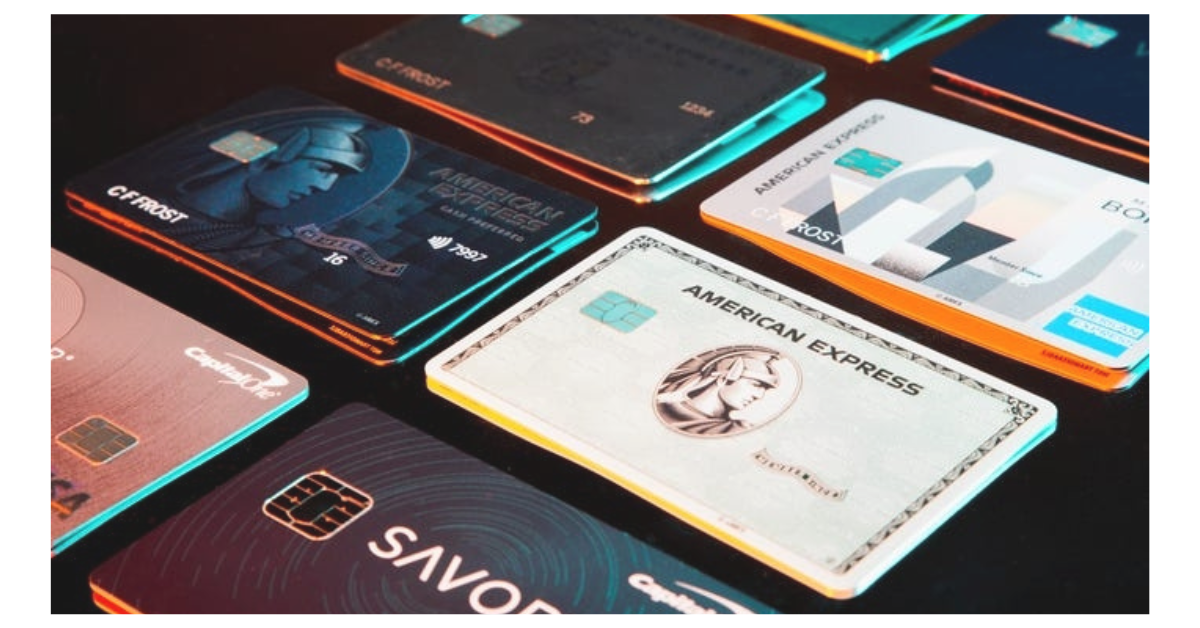Credit Card Balances Surged to a Record $1.08 Trillion in the Third Quarter: Unraveling the Factors Behind the Spike The third quarter of this year saw credit card balances reach an all-time high of $1.08 trillion in a financial twist that’s attracting attention worldwide. There’s a lot to question about why this surge happened; the implications it could have on consumers and the economy. Here’s an in-depth look at why this surge happened and what it means for people.
The Surge in Credit Card Balances:
We’ve hit a record credit card balance of just over $1.08 trillion, which is pretty surprising when spending is up and the economy is doing well.
Factors Behind the Spike
These factors contributed to the record increase in credit card balances:
Increased consumer spending: One of the primary drivers is increased consumer spending. As economies reopen and stimulus checks are distributed, people are getting back into their pre-pandemic spending habits. Travel, dining out, and other discretionary spending comes into this.
Credit cards fill the gap between people’s expenses and incomes because inflation has made it harder for people to buy stuff.
Promo codes entice customers to use their cards everywhere.
Because of COVID-19 uncertainty, some people have used credit cards instead of saving.
Also Read- UK Authorities Launch Investigation into Snap AI Chat bot Over Teen
Consumers and the economy:
Credit Card Balances Surged to a Record $1.08 Trillion in the Third Quarter: Unraveling the Factors Behind the Spike what it means. Consumers might find temporary relief from this spike in credit card balances; long-term financial health is at stake:
Sometimes rates don’t calm down for years.
People who have trouble managing their credit cards may suffer financial distress, which hurts the economy.
Credit card interest costs grow as balances grow. High interest payments can limit consumers’ savings and investments.
Managing Credit Card Balances:
You can manage your credit card balances effectively in light of record-high balances:
Create a budget so you can save money so you can pay off your debt faster.
Switch to a card with a lower interest rate, or negotiate.
Start by paying off your high-interest cards.
Establish an emergency fund so you don’t need to use credit cards during financial crises to cover unexpected expenses.
Get financial counseling or go debt consolidation if you’re drowning in debt.

